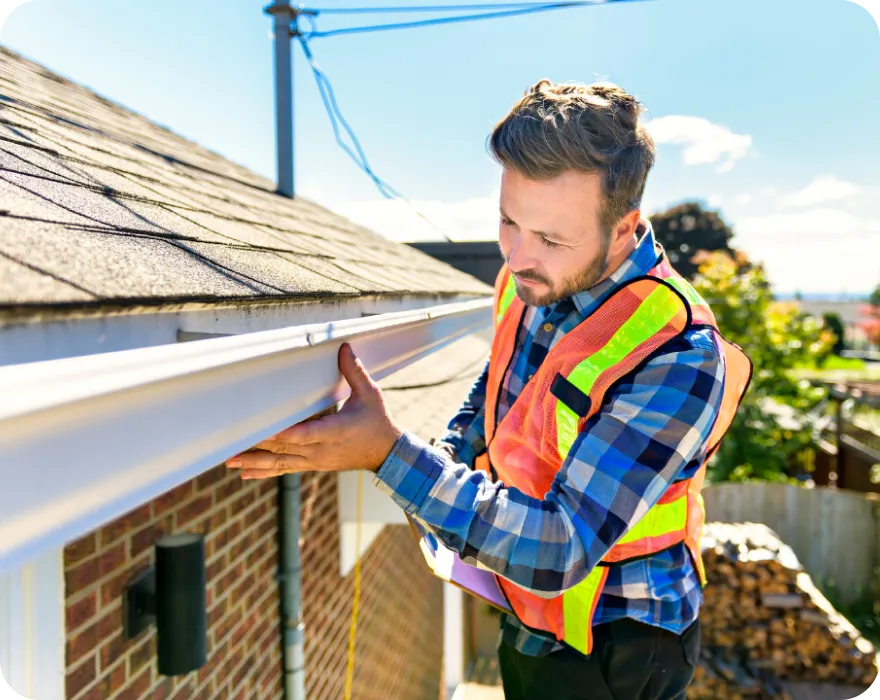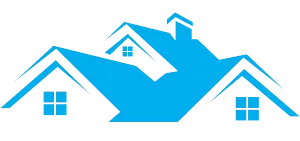Services
We are dedicated to making sure that every home feels like a safe and peaceful refuge for its residents. When you choose our team for your home inspection needs, you are placing your trust in skilled professionals who understand the importance of a secure living environment.
Home Inspection
All In 1 Inspections is a home inspection service that specializes in assessing properties for sustainability, energy efficiency, and environmental safety. The service aims to help homeowners and buyers understand the ecological footprint of their homes and provide recommendations for improvements. This approach not only promotes green living but also appeals to a growing market of environmentally conscious consumers.

Comprehensive Services
In addition to our core home inspection services, we offer a range of specialized services designed to address your unique needs:
Oil Tank Sweeps:
Protect your property from the potential hazards of buried oil tanks. Our team is equipped to locate and assess oil tanks that may pose environmental risks.Radon Testing:
Radon is a colorless, odorless gas that can cause serious health issues. Our radon testing services provide you with the peace of mind that your home is safe.
Termite Inspection:
Termites can wreak havoc on your property. Our thorough inspections help identify any signs of infestation, so you can take action before it’s too late.
Mold Inspection:
Mold growth can lead to health issues and structural damage. Our mold inspections are designed to detect and identify mold hazards, ensuring your home is a safe environment for you and your family.
Lead Inspection:
Lead exposure poses serious health risks, especially for young children and pregnant women. Our lead inspections are carefully created to find and evaluate lead dangers in your home, making sure it is safe for you and your family. Protect your health and peace of mind with our expert lead inspection services.
Service Rates
Inspection service packages starting as low as $250.00
Single/Multi-family inspection (Schedule An Appointment)
Condo Inspection (Schedule An Appointment)
WHAT IS INCLUDED IN A
HOME INSPECTION?
Whether you need a buyer’s inspection, a pre-listing inspection, or a home inspection to ensure proper maintenance of your current home, you can trust us to provide excellent service.

Roof
Roof Coverings
Roof Penetrations
Gutters
Downspouts
Flashing
Vents
General Structure of the Roof

HOUSE EXTERIOR
Siding and Cladding
Windows and Doors
Walkways and Driveways
Decks and Porches
Exterior Lighting
Fencing and Gates
Exterior Paint and Finishes

ATTIC
Attic Structure
Insulation Material Assessment
Insulation Coverage and Gaps
Pest Infestation Signs
Exhaust Systems
Attic Access Points
Structural Ventilation Needs

BASEMENT
Structural Components
Structural Connections
Water Drainage Systems
Foundation Wall Inspection
Presence of Pests
Crawlspace Access Points
General Structure of the Roof

COOLING
Air Conditioning Unit Evaluation
Refrigerant Levels
Air Filter Condition
Thermostat Functionality
Electrical Connections

HEATING
Heating Unit Evaluation
Energy Source
Filter Condition Assessment
Thermostat Functionality
Safety Features Inspection

FIREPLACE
Fireplace Structure
Chimney Condition Assessment
Firebox Inspection
Damper Functionality
Creosote Accumulation
Smoke Chamber and Cleanout Inspection

PLUMBING
Water Supply System
Drainage and Waste Systems
Fixture Inspection
Water Heater Inspection
Pipe Condition Assessment
Water Pressure Testing
Backflow Prevention Check
Drainage System Ventilation

ELECTRICAL
Main Electrical Service Panel
Breaker Functionality Check
Wiring Inspection
Outlets and Switches
Light Fixtures and Ceiling Fans
Smoke and CO Detector
Panel Load Calculation
Extension Cord and Power Strip
Safety Features Inspection

DOORS & WINDOWS
Door Condition Assessment
Window Condition Evaluation
Hardware Functionality Check
Garage Doors and Openers
Safety and Security Features

INTERIOR
Interior Wall Inspection
Flooring Examination
Ceiling Condition Assessment
Trim and Molding Inspection
Ventilation and Airflow
Stairs Railings
Signs of Pest Infestation
Interior Windowsill and Casement
Get in touch with us!
Email: [email protected]
Phone: (973) 494 3875
Service Area: Essex, Passaic, Union, Bergen, Somerset, Morris, Middlesex, Monmouth, Ocean Counties
FAQS
How often should I mow my lawn?
A1: The frequency of lawn mowing depends on several factors like grass type, season, and desired lawn height. Typically, during the growing season, mowing every 1-2 weeks is recommended. In hot weather, you may need to mow less frequently, while in cooler seasons, you can mow less often.
What's the benefit of lawn aeration and overseeding?
Aeration allows air, water, and nutrients to penetrate the soil, promoting healthier root growth and overall lawn health. Overseeding introduces new grass seed to thicken your lawn, improving its appearance and resilience. Together, they rejuvenate your lawn, making it more resistant to weeds and disease.
How can I ensure an eco-friendly lawn care service?
To ensure eco-friendly lawn care, ask your provider about their practices. Look for companies that use organic or low-impact fertilizers, minimize pesticide usage, and promote sustainable lawn care practices. Regular soil testing and custom treatment plans can also reduce the need for excessive chemicals while maintaining a vibrant lawn.

